Drone Laws in Canada
Hobbyist Drone Laws For Residents of Canada
Drone Operations in Canada are currently regulated.
- Hobbyist drone flights are allowed in Canada
- Hobbyist Canada drone pilot license is required
- Hobbyist Drone registration is required in Canada for hobbyists flying over 250g and under 25kg
- Drone Remote ID is not required in Canada for hobbyists
- Drone Insurance is not required but recommended for hobbyists’ drone operations in Canada
Read below for more details on Hobbyist Drone Laws in Canada and to find links to regulators and other credible sources!
Agencies Responsible for regulating drones in Canada
Transport Canada Civil Aviation (TC) regulates all transportation in Canada
Canada Government Website related to Drones and Drone Safety
UAS Laws – General rules for flying drones in Canada
The Canadian agency responsible for drone safety, Transport Canada, has provided many internet-accessible details on flying for fun or work. The highlights are enumerated below. For more details go to the link above.
Are drones allowed in Canada?
According to Transport Canada, drone use is allowed in Canada, subject to TC regulations. Read on for more details.
Here are the most important rules to know for flying a drone in Canada:
New Canada Drone Laws!
As of May 20, 2025, Canada updated and published new rules for flying drones. These rules are now in effect.
Overview of the new rules
The rules apply to Remotely Piloted Aircraft Systems (RPAS), or “drones,” that:
- weigh 250 grams (g) up to and including 25 kilograms (kg), and
- are operated within the drone pilot’s visual-line-of-sight
The rules introduce two categories of drone operations: basic and advanced. The categories are based on distance from bystanders and on airspace rules. Each of these are detailed further below.
Microdrones (under 250 grams) and drones that weigh more than 25 kilograms
Micro-drones are drones weighing less than 250 g. The weight of the remote control is not factored into the weight calculation, but the weight of anything attached or carried, such as optional cameras or safety cages, will be considered part of the weight.
Pilots of micro-drone don’t need to register their drones or get a drone pilot certificate to fly them. Pilots of micro-drones are not bound by the same requirements as other drones. However, you must not operate your drone in a reckless or negligent manner to endanger or be likely to endanger aviation safety or the safety of anyone.
While there are no prescriptive elements of the regulations, there is an expectation that the pilot of a micro drone to use good judgment, identify potential hazards, and take all necessary steps to avoid any risks associated with flying your drone.
As a good practice, you should always:
- maintain the drone in direct line of sight
- do not fly your drone above 400 feet in the air
- keep a safe distance between your drone and any bystanders
- Stay far away from aerodromes, airports, heliports, and waterdrome
- avoid flying near critical infrastructures
- stay clear of aircraft, at all time
- do a pre-flight inspection of your drone
- keep the drone close enough to maintain the connection with the remote controller
- avoid advertised events
Follow these guidelines to avoid flying in a negligent or reckless manner and being subject to fines. Enjoy a safe flight and minimize the risk of incidents. Remember: If your flight is risky, don’t do it.
Micro-drones are considered aircraft under the Aeronautics Act and Canadian Aviation Regulations and are therefore prohibited from entering the following zones without the proper authorization:
- Class F Special Use Restricted Airspace
- Zones where a NOTAM for Forest Fire Aircraft Operating Restrictions has been emitted
- Zones, where a 5.1 of the Aeronautics Act restricts the use of airspace to all aircraft, have been emitted
If your drone weighs over 25 kilograms or you want to fly outside the rules, you must get special permission from Transport Canada before you fly.
Penalties
The rules are enforced by Transport Canada and the Royal Canadian Mounted Police (RCMP). There are severe penalties for those who break the rules. Individuals and corporations can face fines or jail time for:
- putting aircraft and people at risk
- flying without a drone pilot certificate
- flying unmarked or unregistered drones
Pilot certificates, knowledge tests, and flight reviews
All pilots, of drones that weigh between 250 g and 25 kg must get a drone pilot certificate.
Pilots conducting basic operations need a Pilot Certificate – Basic Operations.
Pilots conducting advanced operations need a Pilot Certificate – Advanced Operations. They must pass the Small Advanced Exam and an in-person flight review to get this certificate. The flight review will assess a pilot’s ability to operate their drone safely.
Registration
All drones that weigh between 250 g and 25 kg must be registered with Transport Canada. Pilots must mark their drones with their registration number before they fly.
RPAS Safety Assurance
The RPAS Safety Assurance tells users the safety limits of the drone they are using. Pilots must operate their drones within limits outlined in the RPAS Safety Assurance that its manufacturer declared to Transport Canada. An RPAS Safety Assurance is needed to conduct advanced operations.
Public liability Drone insurance Canada
Transport Canada recommends buying public liability insurance for your drone. However, it is not required. Note that most standard home insurance policies do not cover the use of drones.
Privacy guidelines for drone operators
Recreational drone operators
Before you fly your drone, understand the rules you must follow.
Keep in mind the following privacy guidelines when operating recreational drones:
Be responsible
You’re in charge of any personal information your drone collects. Personal information includes a person’s name, a photo of their face, or license plate.
Limit the data you collect.
Don’t collect personal information you don’t need. Make sure any personal information you capture without consent can’t be identified. For example, blur faces or license plates.
Get permission
If you likely capture personal information on your flight, do your best to inform the people you film and get their permission.
Store information securely
If you save recordings that contain personal information, take steps so only you can access the information.
Be open about what you’re doing.
If someone complains that your drone use is affecting their privacy, respond with respect and courtesy.
Violating some parts of a person’s privacy could result in criminal charges relating to:
- voyeurism
- mischief
- creating a nuisance
- violations of provincial or municipal laws
Commercial drone operators
When using drones, businesses in Canada must follow the Personal Information Protection and Electronic Documents Act (PIPEDA).
Under PIPEDA, you must get consent to collect, use and share personal information with others. In order for consent to be valid, people must understand what they are agreeing to.
Your business must handle people’s personal information professionally and with respect. This includes explaining why you need to collect personal information and giving people access to their personal information.
You’re responsible for protecting and handling personal information throughout your business.
Who doesn’t need to follow PIPEDA?
PIPEDA doesn’t apply if your organization operates only within Alberta, British Columbia, or Quebec; however, other provincial privacy laws still apply. PIPEDA also doesn’t apply if you’re collecting, using, or sharing personal information for:
- journalism
- art
- books
- academic research
- not-for-profit organizations or charities
Are drones allowed in Canada National Parks?
Recreational use of drones at all Parks Canada places is prohibited.
Drone flying is a popular hobby for many people and may also be used for commercial purposes. However, Drones can pose risks to visitors, disturb wildlife and lead to negative experiences for other visitors to Banff National Park. For these reasons, Parks Canada strictly limits the use of drones.
Anyone caught operating a drone within park boundaries and without an approved permit may result in law enforcement action and a fine of up to $25,000.
Recreational drone use in Canada National parks – Prohibited
Recreational drone flying is prohibited across all Parks Canada locations. Please do not fly your drone in the park.
Notes For “Basic” Drone flying for fun in Canada
Canada Drone Laws do not clearly distinguish between hobbyists or recreational use and commercial use. Instead, they have crafted their rules around “Basic” and “Advanced” operations.
We will clarify the rules for basic drone operations here and the advanced operations below.
The following rules apply to all drone operations:
- All drones that weigh between 250 g and 25 kg must be registered with Transport Canada. Pilots must mark their drones with their registration number before they fly.
- All pilots of drones that weigh between 250 g and 25 kg must get a drone pilot certificate.
- Fly your drone where you can see it at all times
- Fly below 122 meters (400 feet) in the air
- Fly away from bystanders at a minimum distance of 30 meters for basic operations.
- Do not fly at the site of emergency operations or advertised events
- Avoid forest fires, outdoor concerts, and parades
- Do not fly within 5.6 kilometers (3 nautical miles) from airports or 1.9 kilometers (1 nautical mile) from heliports.
- Fly far away from other aircraft.
- Do not fly anywhere near airplanes, helicopters, and other drones
- Always respect the privacy of others while flying
Additional rules apply depending on your type of operation. The rules introduce two categories of drone operations: basic and advanced. The categories are based on distance from bystanders and on airspace rules.
Basic operations
If you meet all 5 of these conditions, you’re conducting basic operations:
- You fly it in uncontrolled airspace
- You fly it more than 30 meters (100 feet) horizontally from bystanders.
- You never fly it over bystanders.
- You fly it more than three nautical miles from a certified airport or a military aerodrome.
- You fly it more than one nautical mile from a certified heliport.
If you do not meet any 1 of these five conditions, you are conducting advanced operations.
For example, let’s say you fly your drone more than 30 meters (100 feet) horizontally from bystanders but in controlled airspace. This operation is advanced because you’re flying in controlled airspace even if you’re more than 30 meters (100 feet) horizontally from bystanders.
For basic operations, here are some of the rules you must follow:
- Register your drone with Transport Canada before you fly it for the first time
- Mark your drone with its registration number
- Pass the Small Basic Exam
- Be able to show your Pilot Certificate – Basic Operations and proof of registration when you fly
Commercial Drone Laws For Residents of Canada
Drone Operations in Canada are currently regulated.
- Commercial drone flights are allowed in Canada
- Commercial Canada drone pilot license is required
- Commercial Drone registration is required in Canada for commercial drone operators
- Drone Remote ID is not required in Canada for Commercial Drone Operators
- Drone Insurance is required for commercial drone operations in Canada
Read below for more details on Commercial Drone Laws in Canada and to find links to regulators and other credible sources!
Notes for Commercial Drone Services operations in Canada
The following rules apply to all drone operations:
- All drones that weigh between 250 g and 25 kg must be registered with Transport Canada. Pilots must mark their drones with their registration number before they fly.
- All pilots of drones that weigh between 250 g and 25 kg must get a drone pilot certificate.
- Fly your drone where you can see it at all times
- Fly below 122 meters (400 feet) in the air
- Fly away from bystanders at a minimum distance of 30 meters for basic operations.
- Do not fly at the site of emergency operations or advertised events
- Avoid forest fires, outdoor concerts, and parades
- Do not fly within 5.6 kilometers (3 nautical miles) from airports or 1.9 kilometers (1 nautical mile) from heliports.
- Fly far away from other aircraft.
- Do not fly anywhere near airplanes, helicopters, and other drones
- Always respect the privacy of others while flying
Additional rules apply depending on your type of operation. The rules introduce two categories of drone operations: basic and advanced. The categories are based on distance from bystanders and on airspace rules.
Advanced operations
If you meet any 1 of these conditions, you are conducting advanced operations:
- You want to fly in controlled airspace
- You want to fly over bystanders
- You want to fly within 30 meters (100 feet) of bystanders (measured horizontally)
- You want to fly less than three nautical miles from a certified airport or a military aerodrome
- You want to fly less than one nautical mile from a certified heliport
For advanced operations, here are some of the rules you must follow:
- Register your drone with Transport Canada before you fly it for the first time
- Mark your drone with its registration number
- Have a drone with the appropriate Safety declaration for the intended operation
- Pass the Small Advanced Exam
- Pass a flight review with a flight reviewer
- Be able to show your Pilot Certificate – Advanced Operations and proof of registration when you fly your drone.
- Seek permission from air traffic control (NAV CANADA or the Department of National Defence) to fly in controlled airspace (request an RPAS Flight Authorization from NAV CANADA)
- Fly within the operational limits of your drone
You can only use drones that meet the safety requirements for the operation you want to conduct. See tips on choosing the right drone before you fly.
If you have a Pilot Certificate – Advanced Operations, you do not need a Pilot Certificate – Basic Operations to conduct basic operations.
Commercial drone use in Canada National Parks – By permit only
The Superintendent may only issue a Restricted Activity Permit for the use of a drone for the following purposes:
- Natural or cultural resource management and protection
- Public safety
- Law enforcement
- Park/site management purposes directly relating to park administrative purposes.
If you would like to apply for a Restricted Activity Permit for drone use, you must submit a written proposal to banff.superintendent@pc.gc.ca. In your proposal, you must clearly demonstrate how your intended use of a drone supports any of the above purposes. If your project involves commercial filming, please refer to the mountain national parks’ commercial film and photography guidelines for more information.
Drone Laws For Visitors To Canada
Drone Operations in Canada are currently regulated.
- Foreign visitor drone flights are allowed in Canada
- Foreign visitor drone pilot license is required
- Drone registration is required in Canada for visitors/tourists
- Drone Remote ID is not required in Canada for tourists
- Drone Insurance is not required but recommended for tourist drone operations in Canada
Read below for more details on Drone Laws in Canada for Visitors (Tourists) and to find links to regulators and other credible sources!
Foreign operators
If you are a foreign operator (that is, you are not a Canadian citizen, permanent resident, or a corporation incorporated by or under federal or provincial and you want to fly in Canadian airspace), you must have an approved Special Flight Operations Certificate (SFOC) to fly a drone for any purpose (recreational, work or research).
You must already be allowed to use the drone for the same purpose in your home country. Include your country’s approval or authorization with your application for the SFOC.
As a foreign drone pilot, you need a Canadian drone pilot certificate to operate in Canada, even if you are authorized in your home country.
For basic operations, you will need to pass the online exam to receive your Pilot Certificate – Basic operations. For advanced operations, you will need to:
- Pass the online exam for advanced operations.
- Complete a flight review and apply for your Pilot Certificate – Advanced operations, or provide proof of having booked a flight review with a drone flight school once you’ve arrived in Canada.
You must already be allowed to use the drone for the same purpose in your home country. Include your country’s approval or authorization with your application for the SFOC.
How to apply
To apply for this certificate:
- Access the Drone Management Portal to pass an exam and obtain a drone pilot certificate for the type of operation you wish to perform if you do not already have one.
- Complete an Application for a Special Flight Operations Certificate form (PDF, 1.2 MB) and gather the documentation specified in the application
- Send the form and documents to:
Remotely Piloted Aircraft Systems Centre of Expertise
700, Leigh-Capreol Place Dorval, Quebec H4Y 1G7
Email: TC.RPASCentre-CentreSATP.TC@tc.gc.ca
After you apply
It may take up to 30 business days to review and issue an SFOC. Actual processing times can vary depending on the complexity and completeness of the request.
Drone Laws For Government Drone Operators in Canada
Drone Operations in Canada are currently regulated.
- Government drone flights are allowed in Canada
- Government drone pilot license is required
- Drone registration is required in Canada for Government operations
- Drone Remote ID is not required in Canada for Government operations
- Drone Insurance is not required for Government drone operations in Canada
Read below for more details on Drone Laws Canada for Government Drone Operations and to find links to regulators and other credible sources!
Useful published information on flying drones in Canada
Here is a useful page published by Transport Canada that discusses more details on flying drones in Canada
Here is a useful introduction video provided by Transport Canada…
Authoritative Sources of Information on Canada Drone Laws
We will attempt to keep an updated list of online authoritative links to regulators and other official websites here:
- Drone Regulator Website: Transport Canada Civil Aviation (TC) regulates all transportation in Canada
- Link To SUAS Laws: Canada Drone Regulations and Canada Government Website related to Drones and Drone Safety
- No Fly Zone Maps/Locations: Where You Can Fly a Drone in Canada
- UAV Registration Site: Drone Management Port For Registration
- Drone Operator Licensing Site: Drone Pilot Licensing Information – Use Portal link above to apply for pilot certificate
- Others: N/A
NOTE: This page is about the Regulation of Unmanned Aerial Vehicles: Small Unmanned Aerial Systems (SUAS), Small UAS, Remote Piloted Aerial Systems (RPAS), unmanned aerial vehicle (UAV), Unmanned Aerial System (UAS), and drone are interchangeable terms unless specified. Model Aircraft, toy, remote-controlled, and RC aircraft may be covered by the same regulations unless specified.
Find out why
We think you must use a Drone Preflight Checklist
And a Drone Post-flight checklist
Free Drone Flight Checklist PDF
This Drone Flight Checklist is better than others.
It’s free!
It includes both the preflight checklist and post-flight checklist
It’s an easy-to-use printable PDF that covers all your bases.
Traveling with a Drone?
Click here to read our Comprehensive Guide For Traveling With A Drone.
LET US CONNECT YOU
Calling All Drone Service Companies, Trainers, Tour Guides with Drone Experience
Contact Us with your website, email address and phone number using our Contact Page
We want to share your information with visitors who look for credible providers that follow the rules.
NOW IT’S YOUR TURN
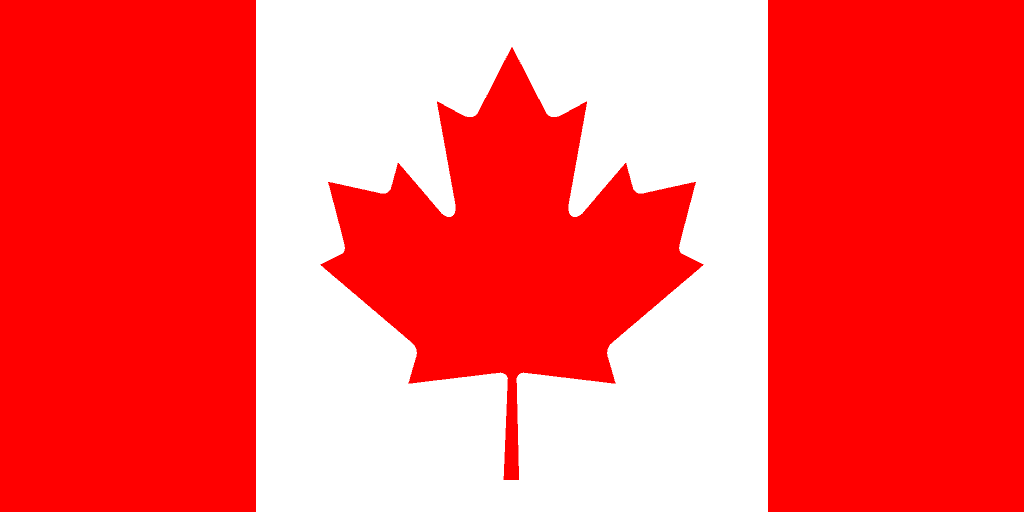
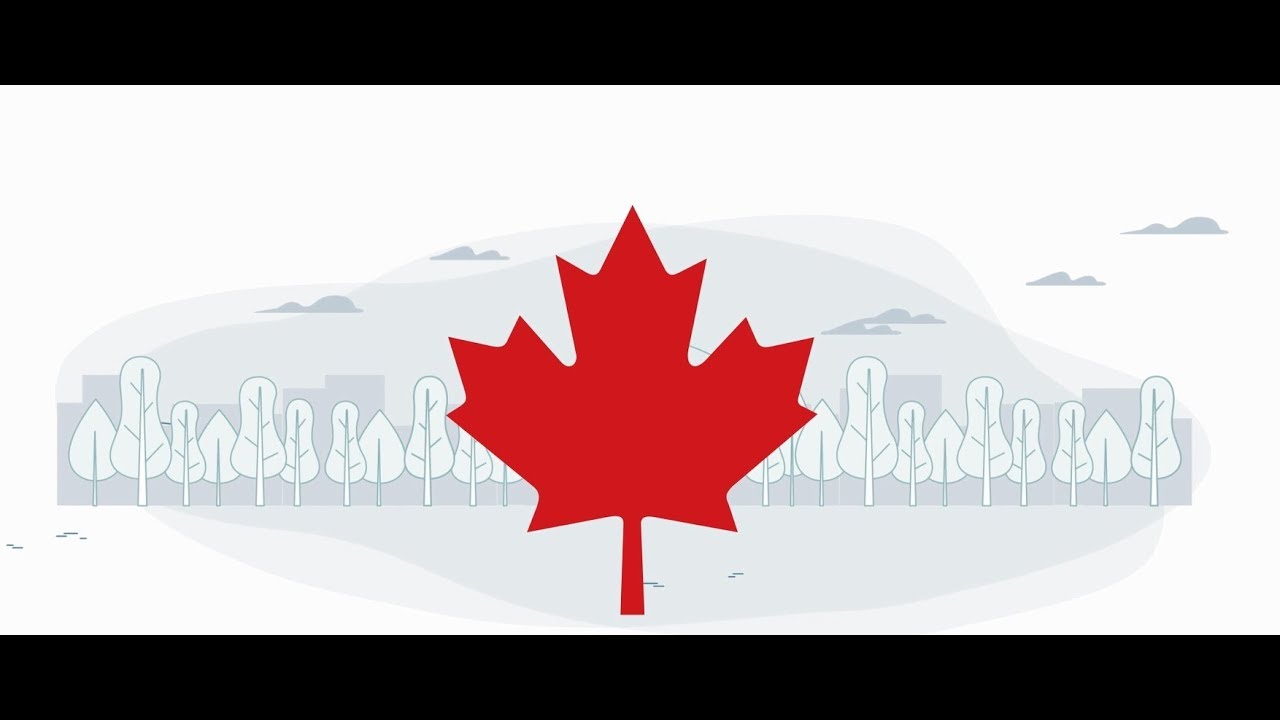
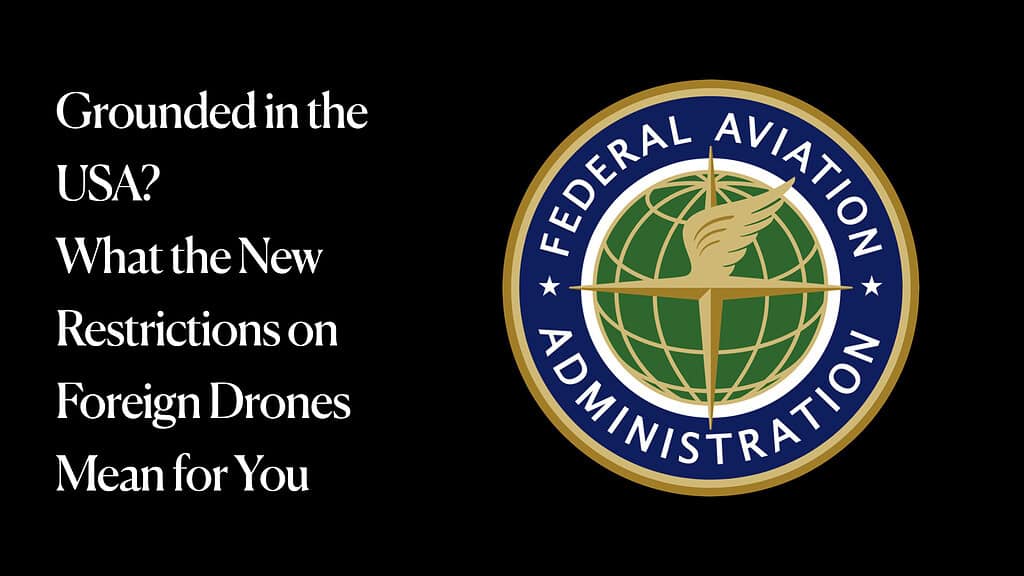
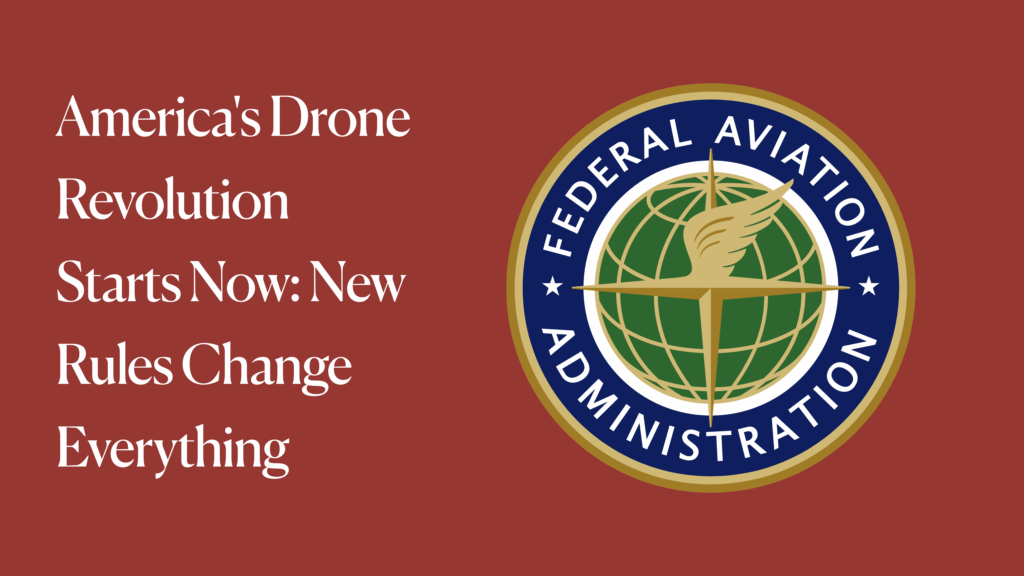
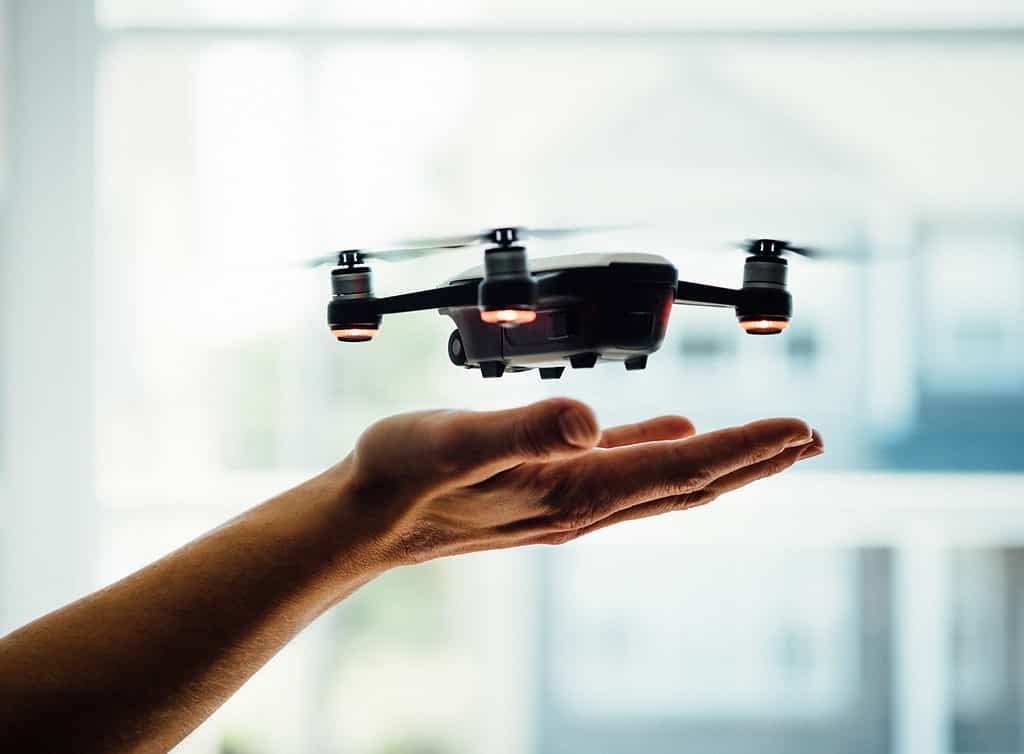
Leave a Comment